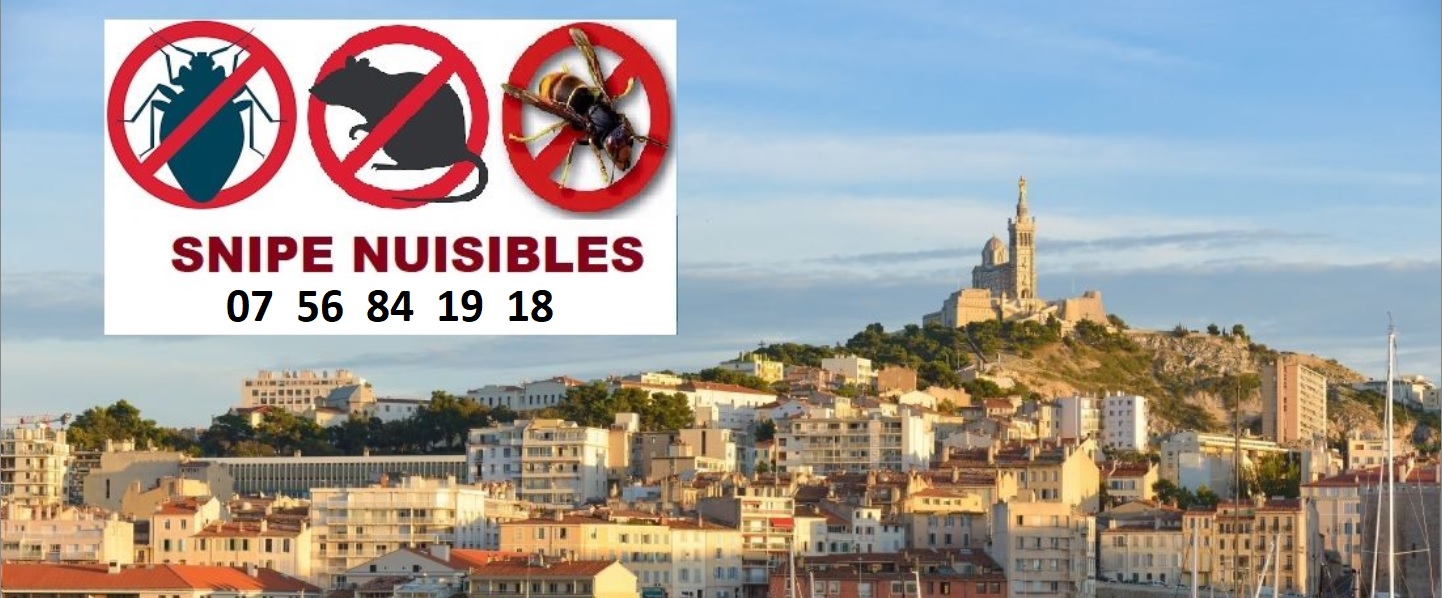Rongeurs cause serious economic losses and they are transmitters of a number of pathogens – among which tularemia, leptospirosis, botulism, pseudothuberculosis, tuberculosis, typhus and plague. Deratisation is therefore a necessary procedure to prevent these rodents from spreading.
Upon arrival in a port, the Health Officer (or an officer of the sanitary authority acting on his behalf) inspects the ship.
What is Deratisation?
Deratisation is the extermination of rats aboard a ship. It is carried out in order to reduce the risk of infection from rats to people and property, as well as to minimise damage to cargo. In 2002, insect and vermin control operations were carried out in homes, detention centres and some public and private establishments.
On the arrival of a ship from a foreign port at an approved port in Saorstat Eireann, whether or not it has been granted pratique on arrival, the medical officer of health (or duly authorised officer of the sanitary authority acting in his behalf) shall require the master to produce a deratisation certificate or a deratisation exemption certificate. If, on the basis of a full inspection, he is of opinion that the deratisation has not been carried out to his satisfaction, he shall order the ship to be deratised and, when it is done to his satisfaction, issue a deratisation certificate.
Why is Deratisation necessary?
On the arrival of a ship from a foreign port at an approved port, whether such port is the first port of call in Saorstat Eireann or not, the medical officer of health, or a duly authorised officer of the sanitary authority acting on his behalf, shall require the master to produce a deratisation certificate or a deratisation exemption certificate. If, in the opinion of the medical officer of health, it is not possible efficiently to carry out deratisation on a ship because of its cargo, he may order the ship to be deratised in a manner to be specified or approved by him and, when the deratisation has been carried out satisfactorily, issue a deratisation certificate.
The purpose of Deratisation is to suppress, destroy and control rodents, because they are carriers of a number of epizootiological epidemic diseases, such as tularemia, leptospirosis, botulism, pseudothuberculosis, plague, tuberculosis, rabies and many others. In addition, they cause economic losses, as demonstrated by the World Health Organisation statistics showing that rodents caused 75 billion dollars of losses back in 1995.
What are the risks of Deratisation?
Deratisation entails a high degree of risk for the health of humans and domestic animals, especially infants and small children. In addition, it can be extremely toxic to the environment and is a danger for the water supply and electricity lines.
Rodents are transmitters of a large number of pathogens, including tularemia, leptospirosis, brucellosis, botulism, cholera, typhus, pseudothuberculosis, tuberculosis and plague. They also cause significant economic losses through their activities, such as chewing cables and wires, destroying crops and spoiling food.
On arrival of a ship from a foreign port at an approved port, the Medical Officer of Health, or duly authorised officer of the sanitary authority acting on his behalf, shall call for a valid deratisation certificate or deratisation exemption certificate and, if necessary, inspect the ship to determine the extent of any rat infestation. All charges on account of these operations and all claims for damages, if any, must be settled according to the provisions of Article 18. If a ship is in ballast, deratisation shall take place as soon as possible before taking cargo.
How can Deratisation be carried out?
Deratisation is the process by which rodents are exterminated aboard a ship. This is necessary not only for epizootiological epidemic reasons but also because of the economic losses caused by rodents. The World Health Organisation estimates that these rodents cause 75 billion dollars of economic damage every year.
On the arrival of any ship at an approved port from a foreign port, or at the first port of call in Saorstat Eireann, the Visiting Officer shall require the master to produce a valid deratisation certificate or deratisation exemption certificate. If no such certificate is produced the Visiting Officer shall call the Health Officer.
If in the opinion of the Health Officer it is impracticable to carry out deratisation of a ship, because of its cargo or for any other reason, he may order that the ship be fended off or moored away from the jetty or quay to a distance of at least 6 feet, that all ropes and hawsers between the ship and shore are fitted with efficient rat-guards, and that between dusk and dawn the gangways are drawn up or brilliantly lighted.
